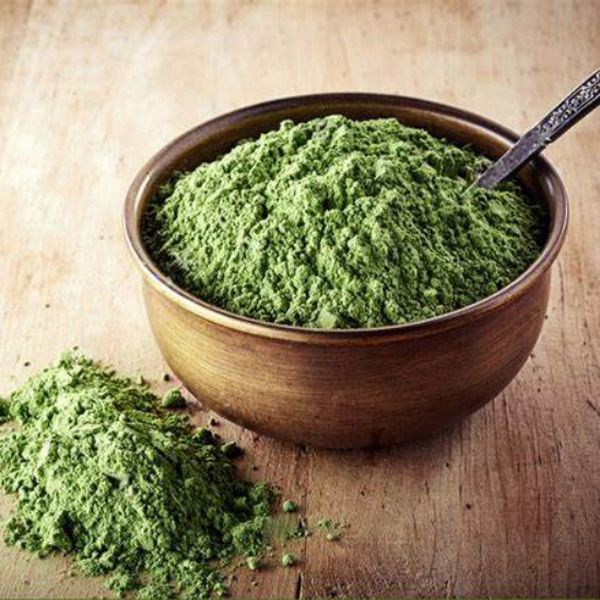Wheatgrass is the name of the young grass of a wheat plant. It is a thick, dry grass that looks like hay or straw but is bright green. It plays a role in natural and holistic medicine, and it may have some specific health benefits.
Farmers mainly grow wheatgrass for animals to eat, but it has become popular as a supplement and a superfood in recent years.
Like many plant-based products, wheatgrass contains ingredients that act as antioxidants. These antioxidants may offer health benefits similar to many other plant based foods.
As the body carries out natural processes, it produces toxic byproducts. If the toxins remain in the body, oxidative stress can result. High levels of oxidative stress can lead to various health problems, including cancer. Antioxidants help the body to eliminate these toxins.
Antioxidants help fight chronic inflammation, which occurs when the immune system reacts to an unwanted substance. When the body mistakenly reacts to something that is not a threat, some health issues may arise. Rheumatoid arthritis, type 1 diabetes, and psoriasis are all examples of autoimmune diseases.
Some scientists say that wheatgrass has a similar structure to hemoglobin. Hemoglobin is a protein that carries oxygen around the body. For this reason, they argue, wheatgrass can boost oxygen supply to the blood.
It contains enzymes that have antioxidant properties that can help prevent oxidative damage to the DNA.
In 2017, these scientists applied a wheatgrass preparation to mouth cancer cells (oral squamous cell cancer) in a lab. They found that the growth of cancer cells slowed down. They proposed that wheatgrass may one day form the basis of a drug to treat this type of mouth cancer.
Other studies have reached similar conclusions. One 2015 study, for example, found that wheatgrass slowed the growth of colon cancer and caused some cancer cells to die.
Some 2015 research found that wheatgrass can kill or slow the growth of certain infections. This can be especially helpful in treating antibiotic resistant infections, or people who are allergic to specific antibiotics.
Practitioners of traditional medicine have long used wheatgrass to reduce stomach pain and manage minor gastrointestinal problems, such as diarrhea or digestive problems.
Wheatgrass has a high fiber content, and fiber helps to keep the gut healthy.
Authors of a 2014 review suggested that wheatgrass may help treat ulcerative colitis, an inflammatory condition that affects the large intestine. In a small study of 23 participants, some people consumed 100 milliliters (ml) wheatgrass juice daily for a month while others took a placebo.
People have used wheatgrass as a traditional medicine to treat type 2 diabetes, and some scientists have found evidence that it may help.
A 2016 study on rats, for example, found that wheatgrass raised insulin levels and helped lower blood glucose.
Experts believe that inflammation plays a role in diabetes. By fighting inflammation, wheatgrass may also help people manage both diabetes and some of its complications.
Post time: Jul-24-2020
